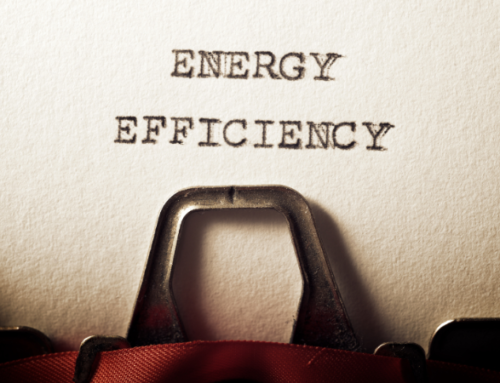If you own a business or commercial building, you already know that your electric and gas utility bills can be complicated and confusing. In fact, depending on your location, you might even receive two electric bills, one from your local utility company and one from your third-party energy supplier. In all cases, utility bills are calculated using complex tariffs and are prone to errors. Identifying those errors, however, takes a utility bill expert. Enter the utility bill audit. This is a service by which an energy auditor will look for discrepancies and errors in your utility bills. This article outlines the benefits of getting a utility bill audit for your commercial energy bills.
What Is A Utility Bill Audit?
A utility bill audit, also known as an energy bill audit, is a process by which a utility auditing company looks for errors, discrepancies, and overages in your utility billing statements. If the auditor is successful in identifying errors, then many times they are able to recover overpayments in the form of a refund from the local utility company. A utility audit is advantageous to commercial and industrial organizations with large and complex electric and/or natural gas invoices.
Different Types Of Utility Bill Audits
While most energy bill audits simply include electricity and natural gas bills, other audits can include different types of utility statements. In fact, most utility auditing companies offer a wide range of audit services including electricity, natural gas, water, sewer, telecom, and even waste. When hiring a company to perform utility bill auditing services, it’s best to look for a company that is well-versed in all sorts of utility audit services. This will give you a better chance of finding errors, getting bill refunds, and ensuring that your invoices are accurate.
What A Utility Bill Audit Will Do For You
There are many benefits of a utility audit for an organization. In addition to recovering any overpaid monies for utility errors, the company can also identify additional utility bill savings opportunities. Here are some of the top benefits of a utility bill audit.
Utility Bill Refunds
First, if the utility audit company is successful in identifying certain types of errors in your historical utility billing statements, then a refund might be owed to you. Most audit companies will offer to file for the refund on your behalf and even collect the refund for you. Refunds can come in the form of check or bill credits and are often for common errors such as meter reading errors and bill calculation errors. In some cases, audit companies will identify organizations that are exempt or partially exempt from sales tax on utility bills. If the company is paying sales tax then the auditor can file an exemption certificate and file for a sales tax refund with the state.
Rate Schedule Classifications
Another benefit of a utility audit is that the auditor will check your rate schedule with the local utility company. Rate schedules determine how your distribution costs are calculated by the utility. In some utilities, less expensive rate schedules are available to size businesses or buildings that consume energy in a specific manner. A utility audit will ensure that you are on the best rate schedule for your business which saves you the most amount of money.
Ongoing Monitoring
Some utility audit companies will even offer an ongoing utility bill monitoring service to quickly identify future errors in real time. If you are operating an organization with many locations across multiple utilities, then this could be a great value to your business. The continual monitoring and benchmarking of your utility statements will not only help you remain organized it can also help you find other savings opportunities, such as switching to a lower energy supplier or even identifying unauthorized billing from energy scams.
The Process Of A Utility Bill Audit
The process of a utility audit is quite simple, and most auditing companies follow a similar process. Typically, a utility audit goes something like this:
- Authorization & Bill Collection: First, you will enter into an agreement with the auditing company, give them authorization to access your utility data, and provide them with copies of all relevant utility bills.
- The Audit: Next, comes the actual audit. After the auditors are able to gather or download all of your historical billing data, a typical utility audit takes about 6-8 weeks to complete.
- Finding: After the auditing company is finished with their audit, they will present their findings to you. This report will include any errors identified, refunds available, and other savings recommendations.
- Implementation: Finally, you will sign the necessary paperwork to give authorization for the audit company to implement any findings. This will include authorizing them to collect refunds, change rate schedules, or even contact the state tax department on your behalf.
Who Qualifies For A Utility Bill Audit?
While all businesses across the United States can benefit from a utility bill audit, there are certain industries in certain states that can profit more from having an audit done. If you operate a business in a state that allows full or partial sales tax exemptions on utilities, then it might be worthwhile to have an auditor see if you have been overpaying. Furthermore, businesses with very complex utility bills or those that have locations across multiple states can benefit handsomely from a utility audit since complex billing arrangements are usually prone to bill errors.
Interested In A Utility Audit?
In conclusion, utility bill audits are great for recouping money from utility bill errors, ensuring that your business is set up on the proper rate schedule, and for identifying other energy bill savings opportunities. At Diversegy, we offer utility bill audits for our commercial, municipal, and industrial customers throughout the United States. Contact us today to learn more about what a utility audit might do for you.



